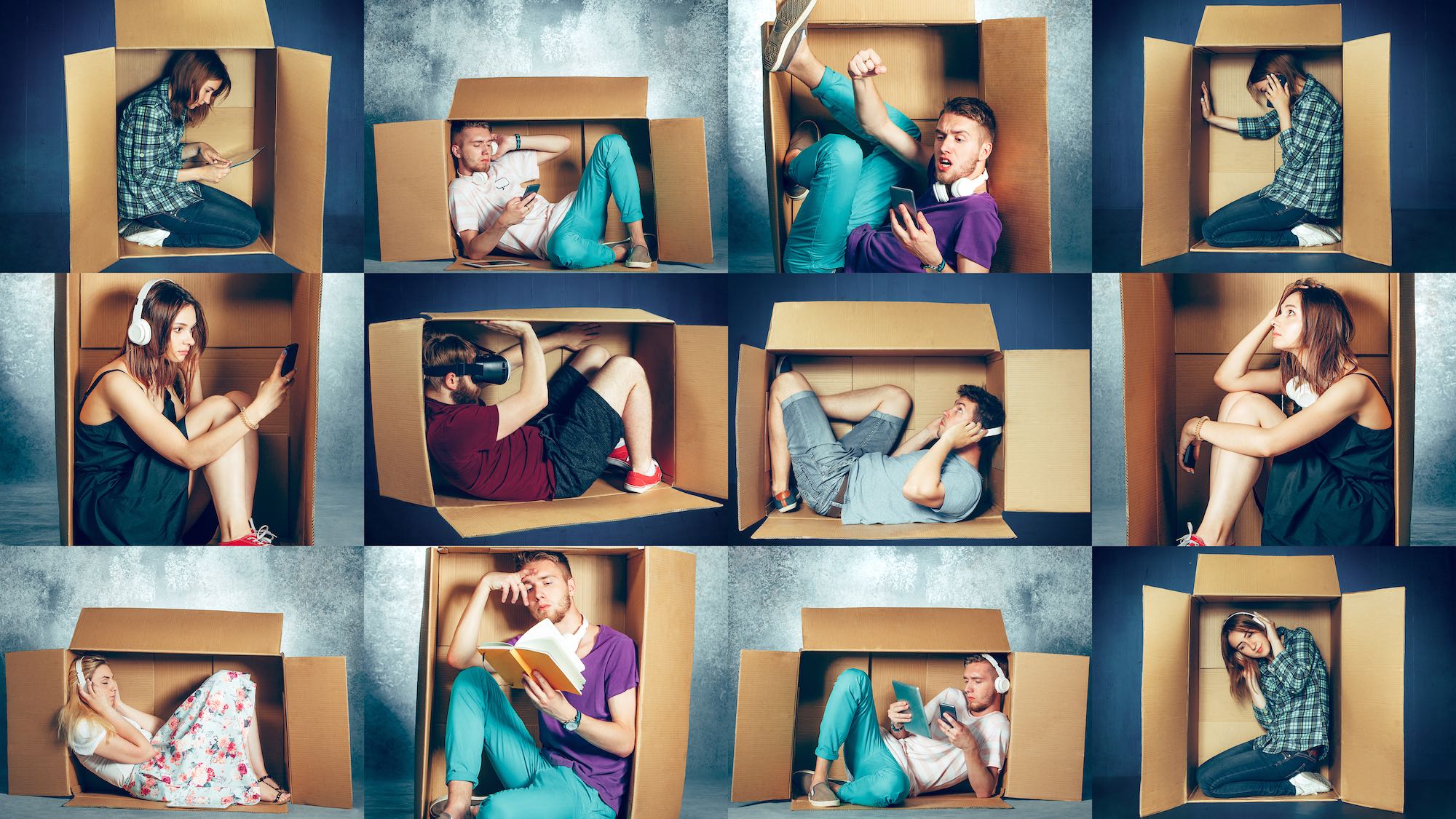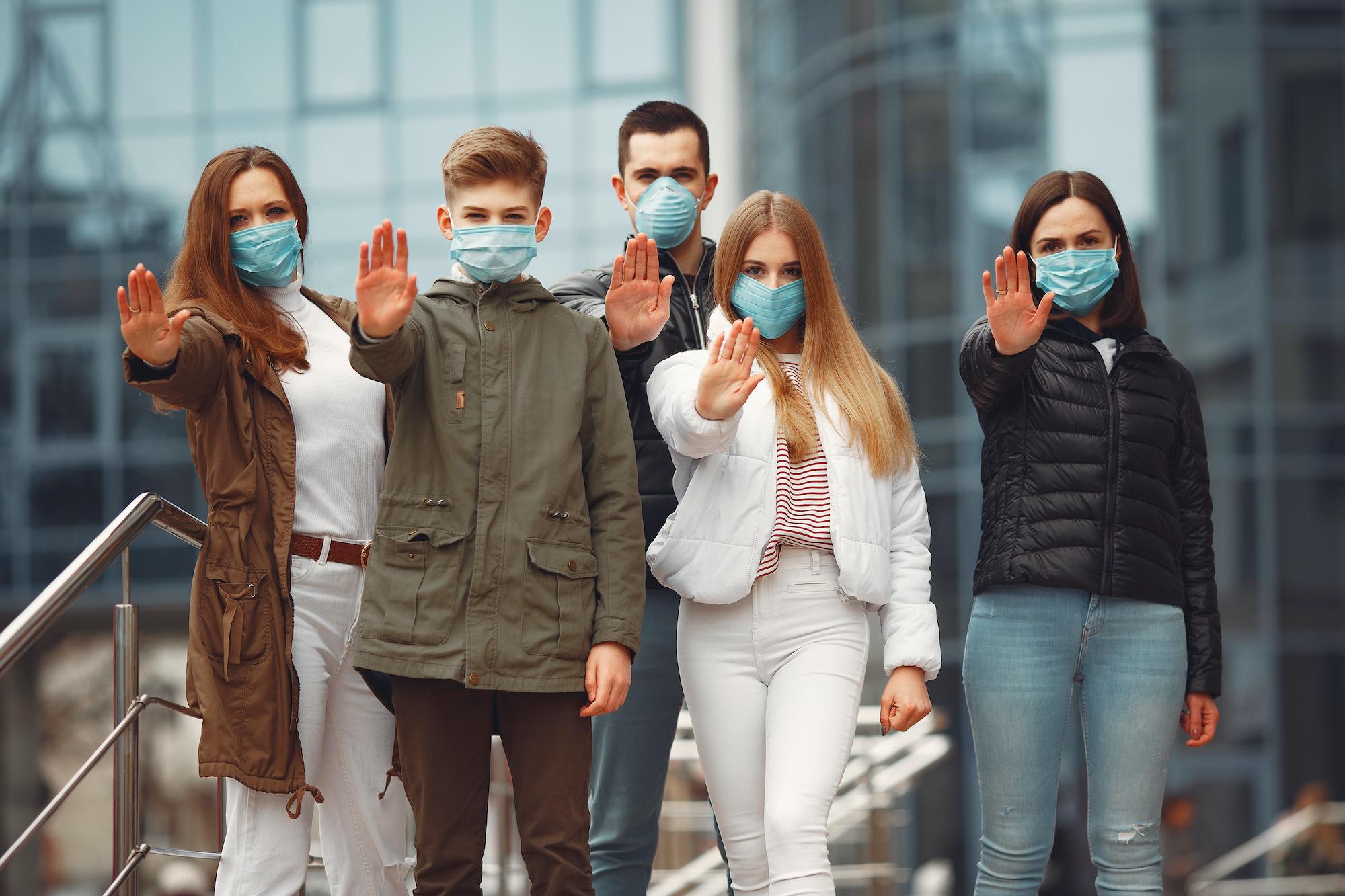The COVID-19 pandemic has changed many things and ways so much so that the world already looks different. The change did not only affect the way of life and overall health of people but the global economy as well.
The biggest pressure is on the countries with specific geopolitical position and marginalized communities. Individually, every person in the world feels the impact and have to accept the changes, including people with substance use disorder.
People who are fighting with drug addiction as well as those who seek individual treatments or rehabs for couples are forced to struggle with new rules and life conditions.
Due to an aggressive spreading of the disease governments all over the world took serious measures to prevent further increase in the number of people infected by a coronavirus. Closing border crossings, limiting nonessential economical activities, and confining mobility were just a few of many steps. Implemented COVID-19 pandemic measures affected almost every aspect of life, including illicit drug trafficking and similar illegal activities. The usual trafficking routes by air were disrupted, as well as those across the land. Traffickers are now looking for alternatives, depending on the geographical location and type of drug. According to the findings reported by the United Nations Office on Drugs and Crime (UNODC), methamphetamine and other synthetic drugs were usually smuggled by air, while heroin was trafficked by land. Restrictions on air and land transport, therefore, forced traffickers to switch and replace them with maritime routes. Cocaine is already mostly transported by sea and distributed from the large ports. Cannabis production and distribution are less affected by these changes mostly because these activities take place near its consumers and its distribution is organized locally in smaller shipments.
According to the World Health Organization (WHO) Dashboard, the COVID-19 virus infected more than 31 million people worldwide, and over 950,000 already died. Some experts’ predictions already announced a possible increase in the number of new cases in the following months. Based on these predictions, the communities have to change the way of dealing with drug addiction and individuals who suffer from it. People who struggle with a substance use disorder are not only vulnerable to COVID-19 infection because their health condition has already deteriorated, but also because they are extremely sensitive to the changes in the illicit drug market. Drug shortages and price increases can lead to the consumption of domestically produced substances and harmful derivates. Furthermore, drug withdrawal or any drastic reduction in chronic use of drugs can be equally harmful as overdose is. Those who suffer from multiple addictions, such as tobacco, drug, and alcohol are particularly at risk of mental health issues and suicide attempts.
The number of people who seek help from facilities specialized in drug rehab for families, and medical detox treatments increased rapidly since the beginning of the coronavirus pandemic. Unfortunately, the hospitals are already overbooked, while many couples rehab near me, and facilities for individual treatments were forced to work online due to self-quarantine and social distancing measures. However, starting or staying with treatments during COVID-19 became critical, more than ever. Drastic changes in life, financial and other insecurity, and increased risk of relapse during isolation are reasons good enough to start with the program as soon as possible and stay under the supervision of professionals.
Most drug support helplines didn’t stop working and remain available 24/7, during the COVID-19 crisis. They can give initial information on where to start or how to proceed with the treatment search. Many rehab facilities, including inpatient facilities specialized in drug rehab for married couples, are open and ready to admit new patients. These centers are obliged to follow the health and safety rules for COVID-19 and keep their clients safe from infection while using their services. Some rehab facilities can even offer various drug treatment programs virtually.
At the beginning of the pandemic, support groups and 12-step programs were unable to organize the meetings due to social distancing. After introducing necessary procedures, such as regular medical sanitization, suspending food and drinks, and avoiding shaking hands, meetings in person continued. Many groups were successful in digitalizing their activities with online meetings, and support over e-mails and social media.
The coronavirus has affected the lives of addicts and their loved ones in many ways. A decline in international trade has limited supply and led to shortages, while lockdown restricted mobility and the possibility to buy drugs or to seek help. Staying together at home for days makes it even more difficult for substance users to hide their struggle from their partners. Coping is even harder if both partners are addicts. They can join rehab for couples on drugs, adjusted to treat both patients while teaching them how to help and support each other on their journey to sobriety.










